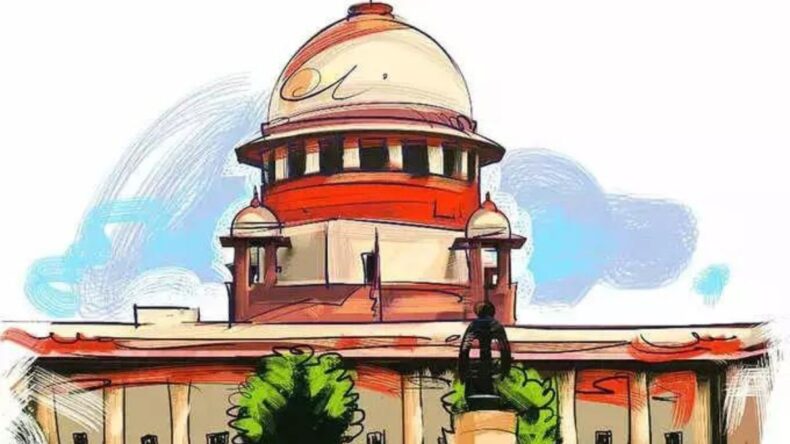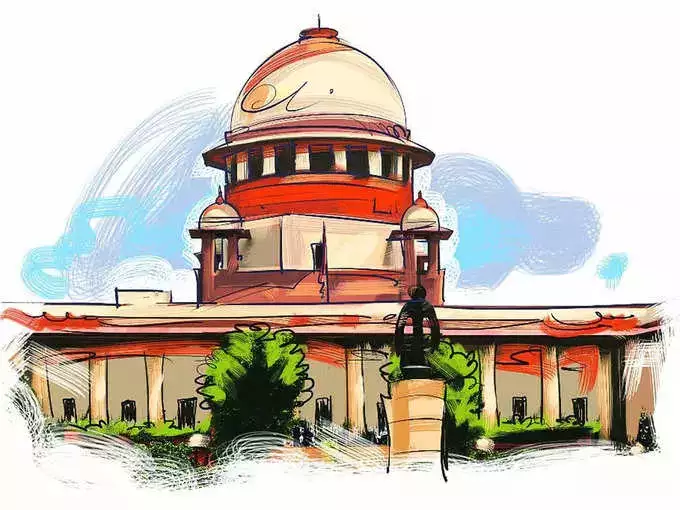
In its long-awaited decision on the 1996 Lajpat Nagar bombing case, the Supreme Court of India confirmed the conviction of the two accused and sentenced them to life in jail without the possibility of parole. The convictions of two other former death row inmates who had been released by the Delhi High Court were also reinstated, and they received life sentences that will last for the remainder of their natural lives. This verdict concludes a lawsuit that has been lingering for more than ten years.
A bench of Justices BR Gavai, Vikram Nath, and Sanjay Karol rendered the ruling after hearing Mohammed Naushad and Javed Ahmed Khan’s appeals against their conviction and sentence as well as the State’s special leave petitions opposing the Delhi High Court’s decision to commute Naushad’s death sentence. The division bench declined to commute Naushad and Khan’s death sentences despite denying their petitions to overturn their convictions. Instead, the Supreme Court imposed a sentence of imprisonment without remission extending to their natural lives.
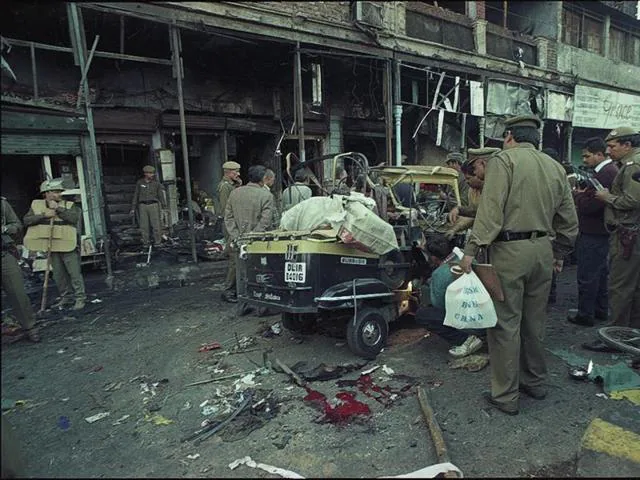
Background: The 1996 Lajpat Nagar Bomb Blast
Delhi’s Lajpat Nagar Central Market was rocked by a horrific bomb attack in 1996 that killed 13 persons and injured 38 more. Additionally, the attack seriously damaged property. A few days later, the Unlawful Activities (Prevention) Act of 1967’s list of terrorist organizations, the Jammu and Kashmir Islamic Front (JKIF), claimed responsibility for the assault. Six alleged Kashmiri militants and two other people, including a woman, were charged by the Delhi Police for participating in the scheme. Notably, mafia bosses Tiger Menon and Dawood Ibrahim were both charged with the bombing.
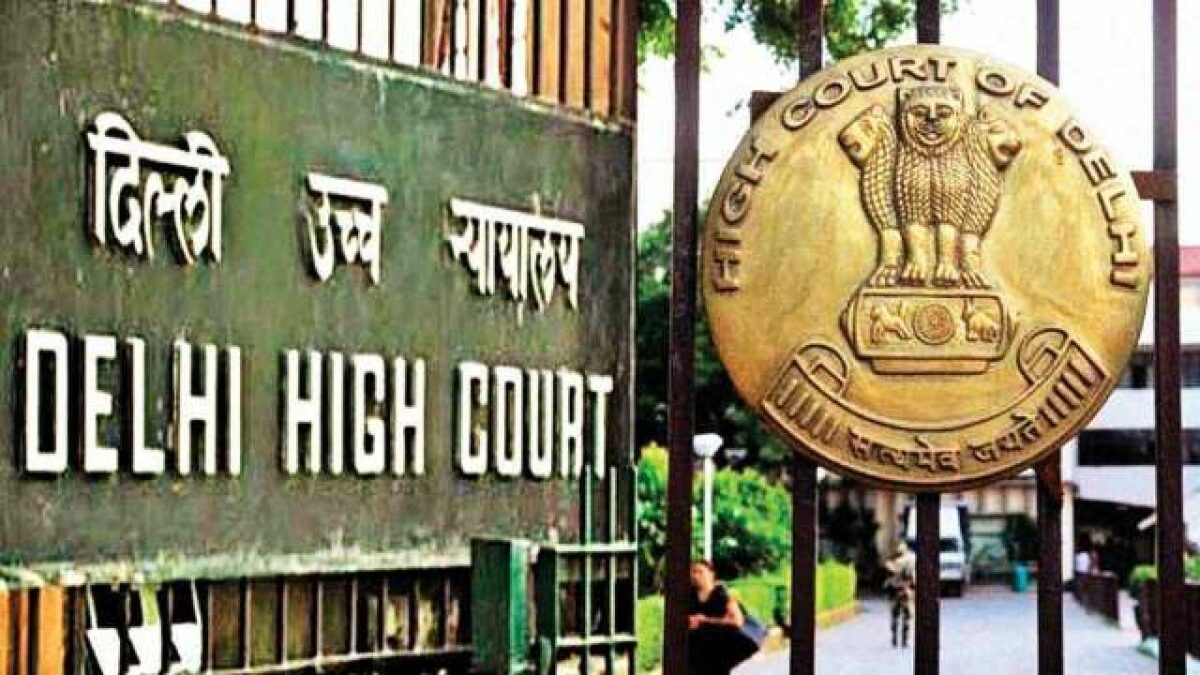
The Legal Proceedings
Three of the six people found guilty and given the death penalty in April 2010 were Mohammed Naushad, Mohammed Ali Bhatt (also known as Killey), and Mirza Nissar Hussain (also known as Naza). The severity of their involvement in the crime was emphasized by the court, supporting the imposition of the death penalty. Two other defendants found guilty on lesser counts were freed after serving their sentences during the trial, but Javed Ahmed Khan (also known as Chhota Javed) received a life sentence.
The Delhi High Court reversed the death verdicts in November 2012, 16 years after the explosion, and made important points about prosecution errors in the inquiry. Mirza Nissar Hussain and Mohammed Ali Bhatt were declared innocent by the division bench, which was made up of Justices S. Ravindra Bhat and GP Mittal, while Mohammed Naushad’s death sentence was commuted to life in prison. The lower court’s decision to give Javed Ahmed Khan a life sentence was maintained.
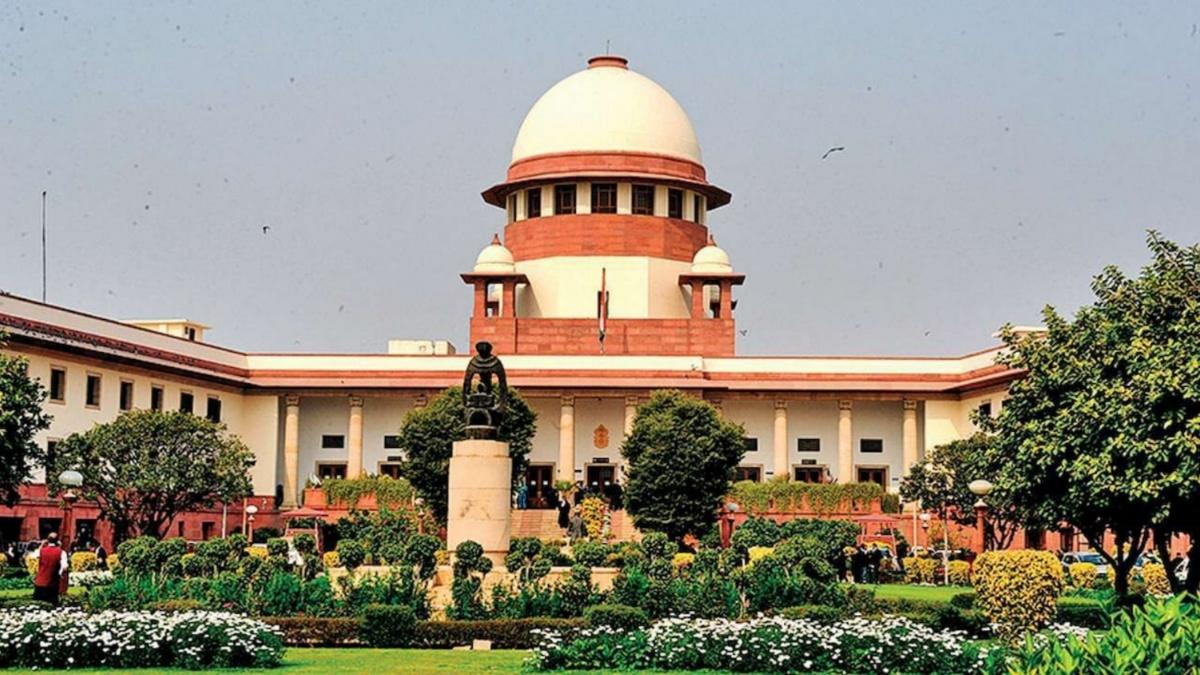
Supreme Court Verdict
While the State filed a special leave petition asking for the reinstatement of the death penalty imposed by the sessions court, the two prisoners who got life sentences appealed their convictions and sentencing before the Supreme Court. In April 2013, the Supreme Court filed a notice in the batch of appeals, and in September 2016, a three-judge bench was convened to hear the case.
Finally, after more than a decade of legal proceedings, the Supreme Court has decided the fate of the four convicts. The division bench, comprising Justices BR Gavai, Vikram Nath, and Sanjay Karol, upheld the convictions and imposed life imprisonment without remission. Although the case was considered to be the “rarest of the rare,” the bench took into account several factors and decided against restoring the death sentence. The Lajpat Nagar bomb blast case has been marked by extensive legal proceedings and challenges, but with this final verdict, justice has been served.







